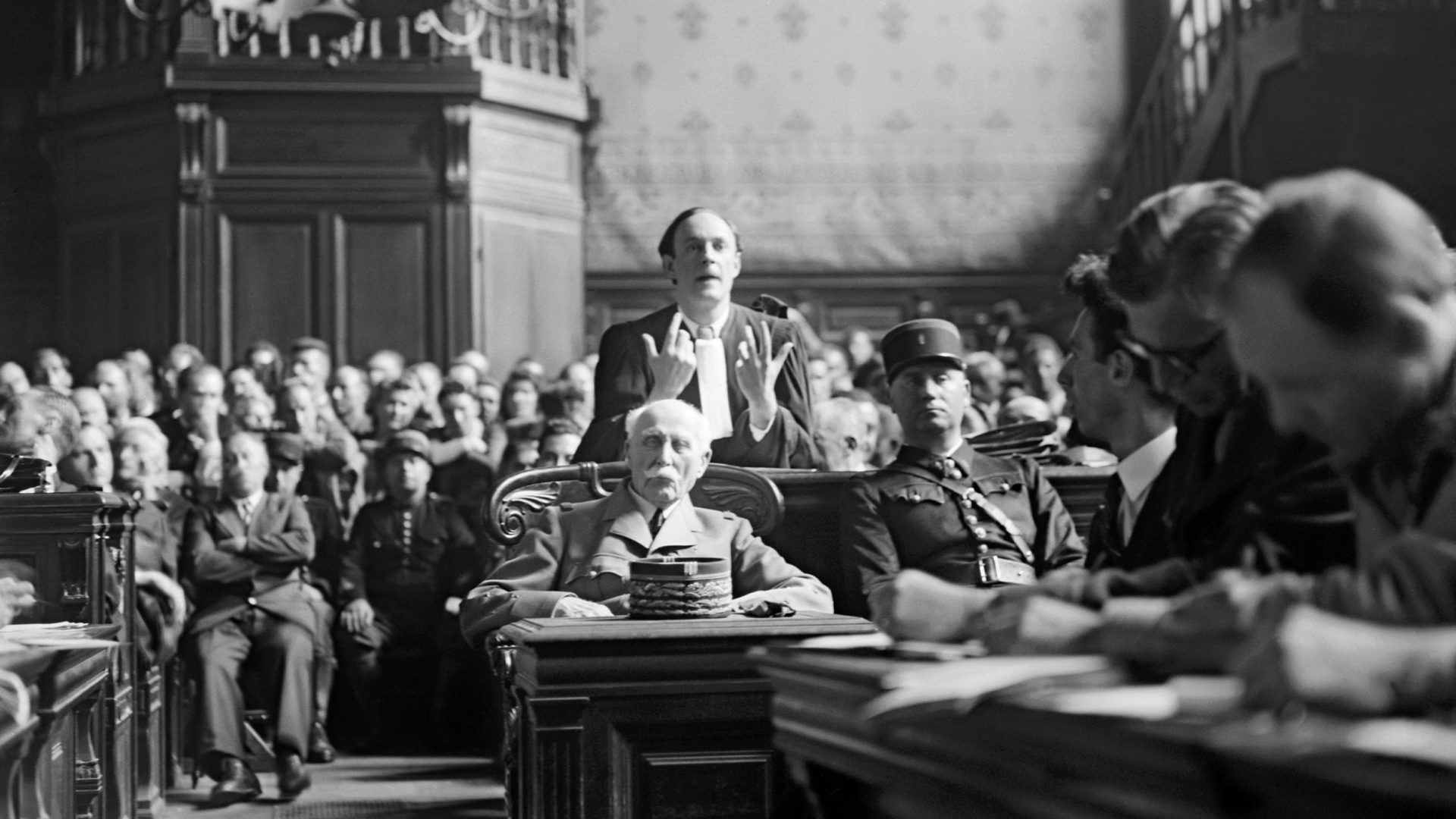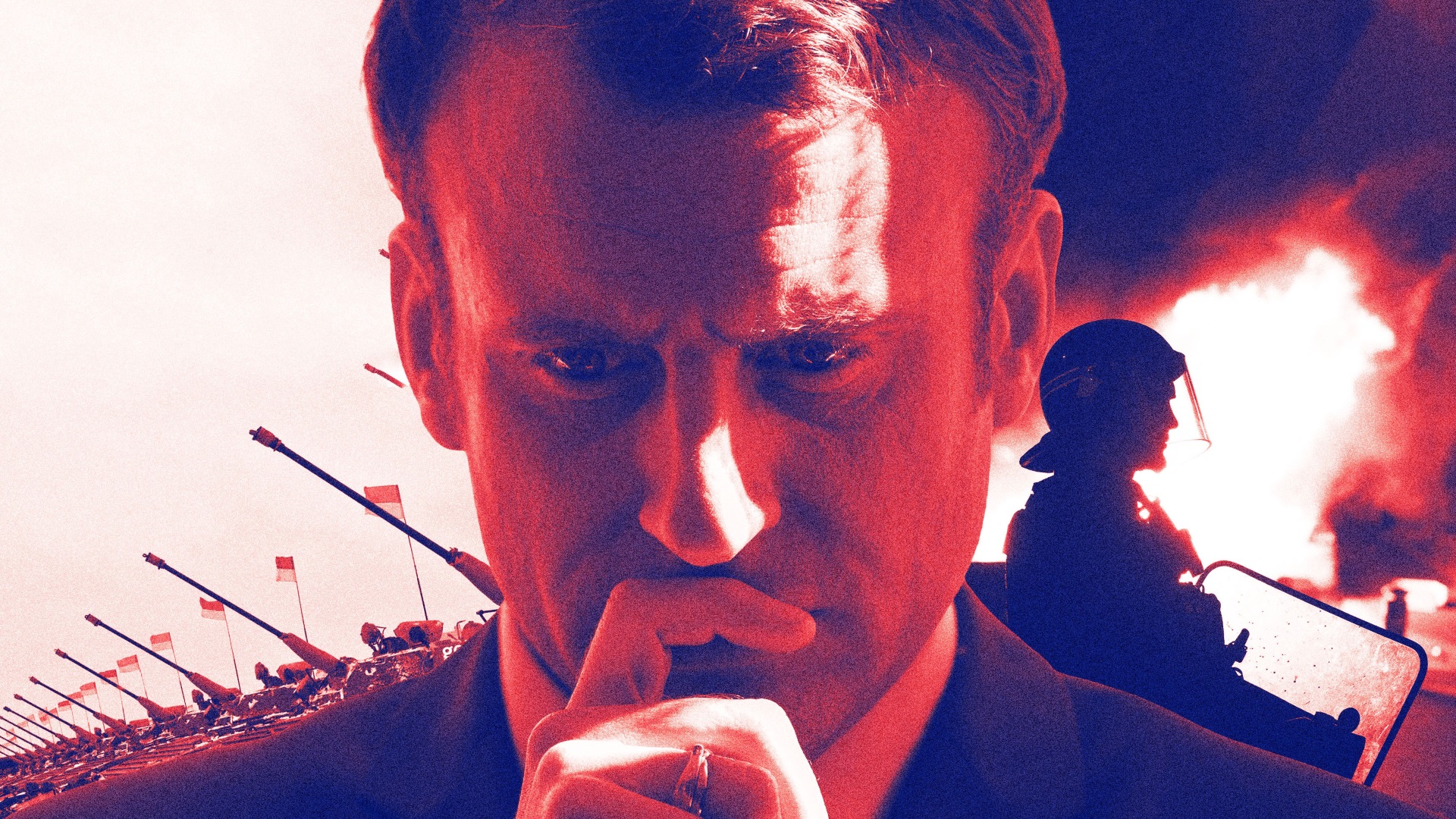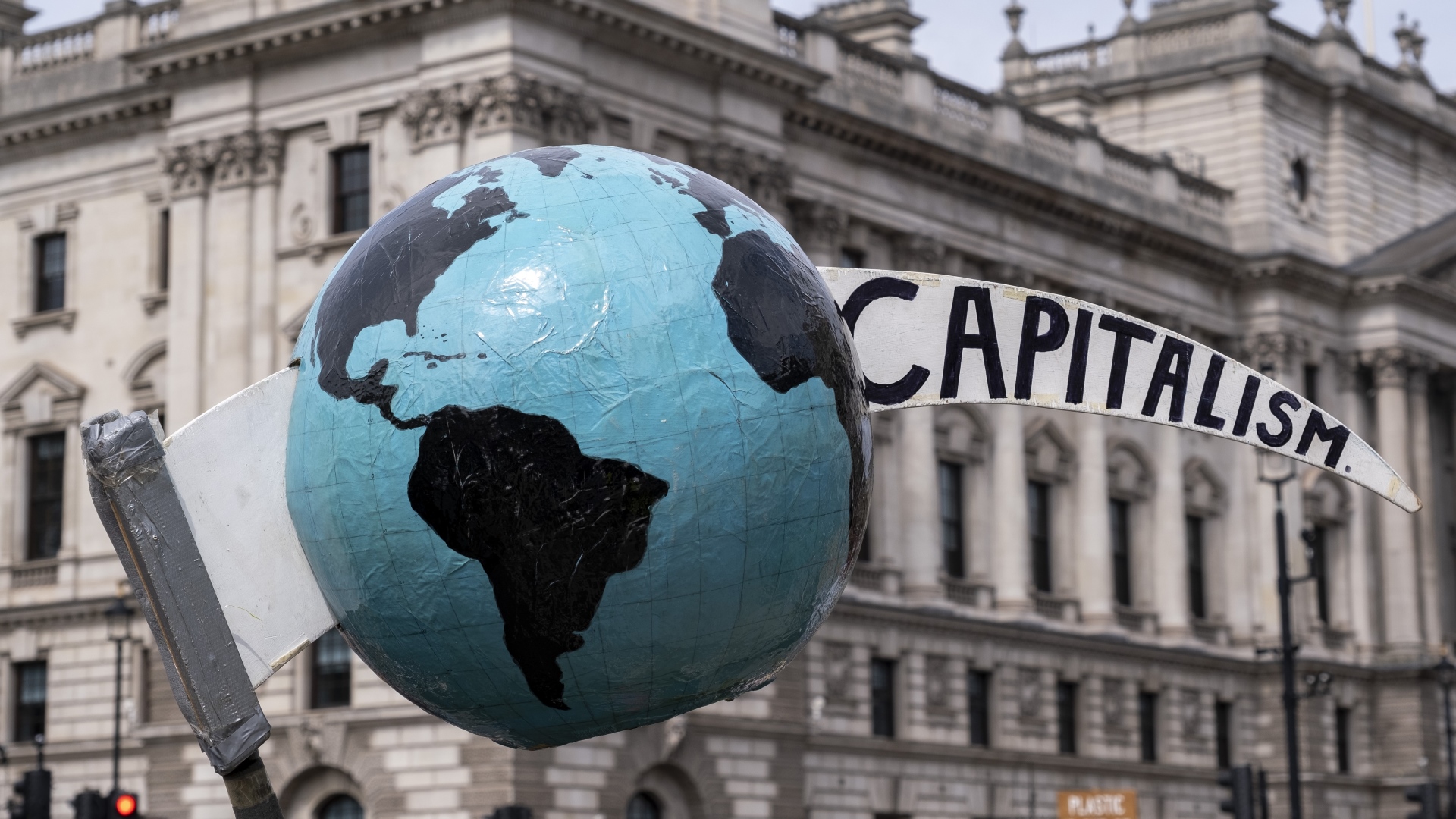Bystanders began to gather early on the Monday morning of July 23, 1945 outside the gates protecting the courtyard of the Palais de Justice in Paris. There were not many, as it was known that few places would be available for the public. The building was protected by 600 police officers, one of whom tried to satisfy disappointed punters by dangling the consolation prize of the trial of the “Georgian Gestapo”, a band of foreigners who had perpetrated gruesome acts of atrocity during the occupation. Seats were available.
That morning, police were even stationed on the roof of the Sainte-Chapelle. The previous night seven prisoners – collaborators awaiting trial, according to some reports, common criminals according to others – had escaped from their cells in the dépôt, climbed through a central-heating pipe, clambered on to the roof of the Palais and jumped down to the quai below. No one believed that the Marshal, however sprightly, would be capable of a similar feat, but this incident had been an embarrassment.
Around midday, journalists started to trickle into the courtroom. Most French journalists were familiar with the solemn and gloomy surroundings: the faded fleur de lys wallpaper, the sombre panelling and dark wooden benches, the heavily coffered ceiling with its allegorical painting of Truth Protecting Innocence from Lies and Calumny. Behind the journalists were the benches for the 24 jurors. Representatives of the diplomatic corps sat behind the judges’ bench. Most embassies sent only junior officials, but the Czech ambassador was there in person almost every day, perhaps hoping to glean information about the betrayal of his country by the French at Munich in 1938.
In the narrow alley between the rows of press benches stood an armchair for the defendant, with a policeman stationed just behind. The entrance was by a small door between the defence benches and the witness bench; the passage between them so tight you had to squeeze sideways in order not to brush against the knees of the seated witnesses.
The upper windows of the court were open for the first time in decades – possibly for the first time since the 19th century – but this hardly alleviated the stifling heat. Paris summer heat is often oppressive, but in this stuffy courtroom it was unbearable. In the upper galleries, spectators fanned themselves with newspapers. Through the open windows splendid views of the golden spire of the Sainte-Chapelle imparted a note of historic grandeur that was otherwise missing from the bustling and noisy courtroom.
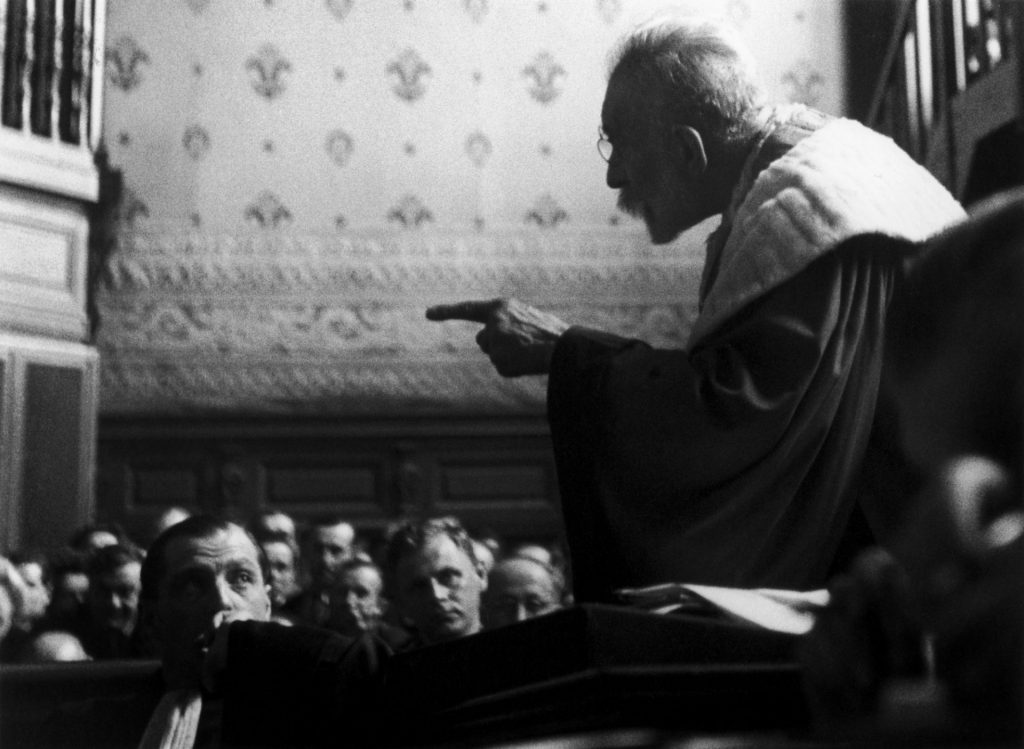
As the courtroom filled, Joseph Kessel described the scene:
“Suddenly the court falls silent. By a little door at the side, between the packed benches, the accused is led in by two guards. He is in uniform. The only decoration he is wearing is the Médaille Militaire. He walks erectly, looking at no one. He goes to the old armchair, puts his képi with its laurel decoration on the little table, and sits down.
“The silence goes on. But the atmosphere of tense expectation is palpable. What is the nature of this emotion? Pity? Indignation? Sympathy? Hatred? No, I think it is none of these things. It is a sense of unease, a malaise, a sort of abstract pain which is not directed to the old man who has just sat down. It goes beyond his person; it is about the glory, the destiny, of the patrie; it is about those great symbols of which that old man, sitting in that old armchair, bore the weight on his shoulders. But the man himself does not seem to excite any real emotion – because he does not seem to be experiencing any real emotion himself.
“The silence, of which he is the source and the still centre, drags on. Surely he must find it unbearable. But he seems not to notice. His hands play with a large scroll of rolled-up paper. They seem to be independent of him; with a life of their own. They never stop moving. But Marshal Pétain seems not to be aware, nor to be aware of this, or of his tired eyes continuously blinking. He is immobile, impassive, impenetrable.”
What Kessel does not say is that as Pétain entered, followed by his three lawyers, a wave suddenly rippled across the courtroom as everyone rose to their feet. Was this an automatic reflex of deference or was it – as some claimed – simply because once some observers had risen to their feet, others had to imitate them in order to see over the heads of those in front. Was it irrepressible curiosity or involuntary respect? Probably both.
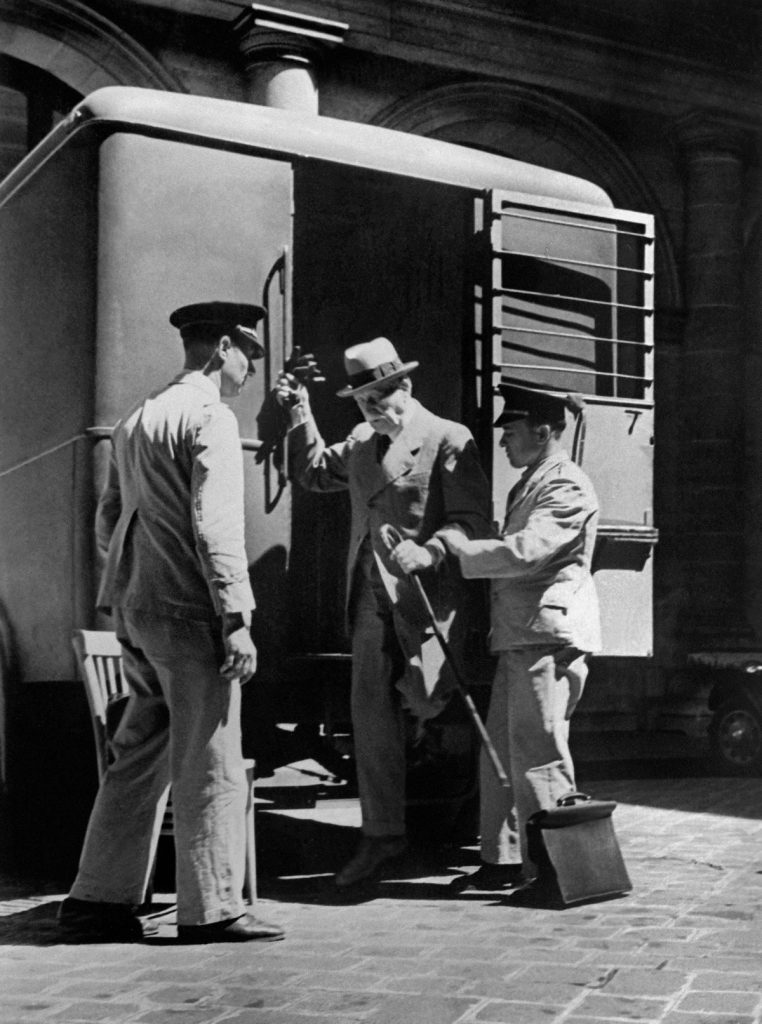
For four years, everyone in that courtroom had lived in the shadow of this old man, whom few had seen in person. Since that day on June 17, 1940, when Pétain had announced he was making the “gift of my person” to the French people, everyone had come to recognise his plaintive, quavering, occasionally hectoring, voice. In cinemas, spectators had to sit through images of Pétain’s provincial tours: Pétain adulated by crowds, Pétain patting children on the head like the grandfather of the nation, Pétain greeted on the steps of cathedrals by prelates, Pétain handed bouquets by curtseying women in regional costumes. Pétain’s image had been on posters, stamps, handkerchiefs, napkins, plates, cups, ashtrays, children’s colouring books, board games, tapestries, paperweights, penknives, even barometers. He could be purchased in Aubusson tapestry, Baccarat crystal, Sèvres porcelain. Now he was there in person.
Cameras were not usually allowed in French courtrooms, but in this trial photographers and film crews were permitted to attend for a few minutes at the start of each day. Extracts (without sound) were shown in cinema newsreels. Pétain became increasingly restive as the photographers crouched at his feet to get a good angle. He turned to his defence lawyers and muttered: “What is going on? How much longer is this going to last?” Some people shouted out “Enough”. Pétain clearly had supporters in court.
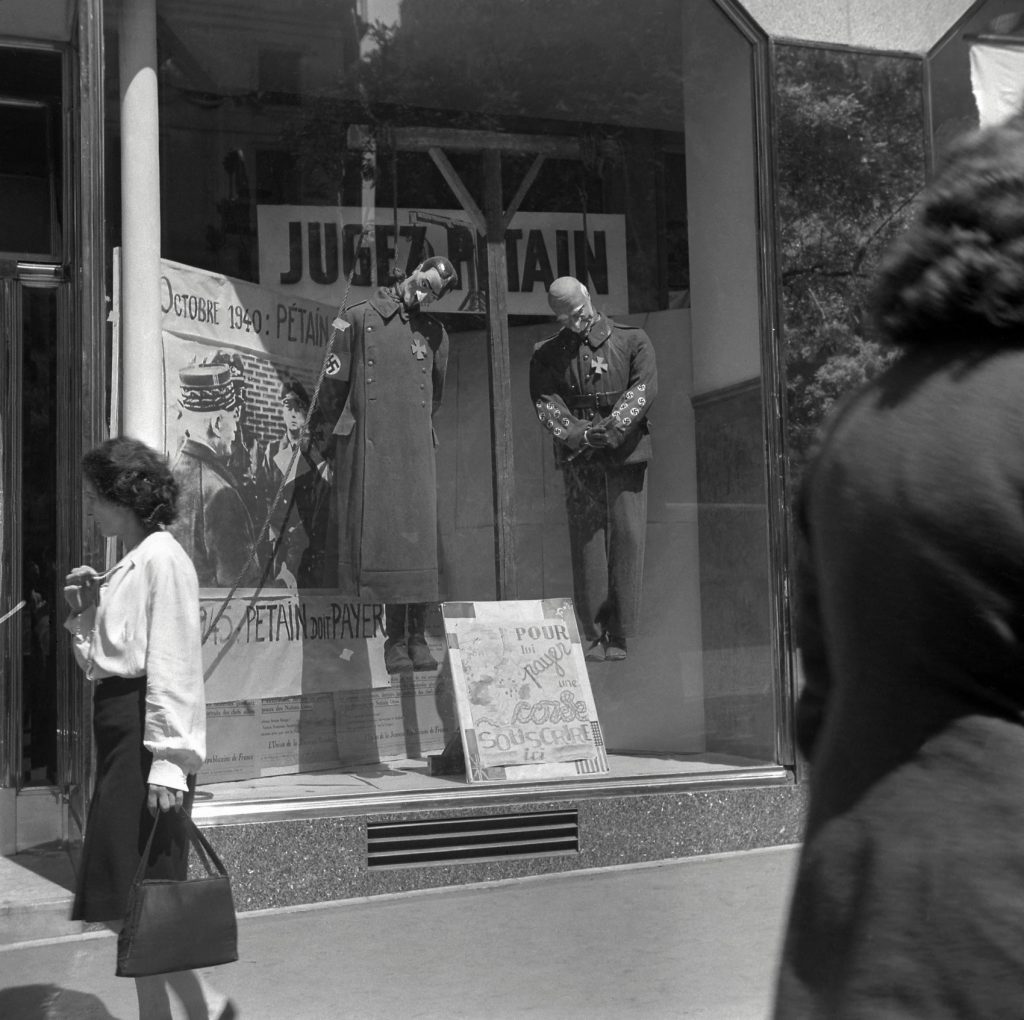
Apart from his declaration, Pétain remained almost silent throughout his trial.
“I have spent my life in the service of France. Today, at the age of almost 90, thrown into prison, I wish to continue to serve her, by addressing her one more time. Let France remember! I led her armies to victory in 1918. Then, having earned the right to rest, I have never ceased to devote myself to her.
“I have answered all her calls despite my age and my fatigue. On the most tragic day of her history, it was once again to me that the country turned. I neither asked for nor desired anything. I was begged to come and I came.
“I found I had inherited a catastrophic situation not of my making. Those who were really responsible hid behind me to deflect the people’s anger from themselves.
“Do people understand the difficulty of governing in such conditions? Every day, with a sword at my throat, I fought against the demands of the enemy. History will reveal all that I spared you while my adversaries only think of blaming me for what was unavoidable.
“The occupation required me to humour the enemy, but I did this only to spare you worse until our country was liberated. The occupation also required me, against my will and my feelings, to accomplish certain acts which caused me greater suffering than they did you but in the face of the enemy’s demands I gave up nothing that was essential to the existence of our fatherland.
“On the contrary, through my actions over the course of four years I maintained France, I ensured the livelihood of the French, I obtained for our prisoners the support of the nation.
“Let those who accuse me and claim to judge me scrutinise their conscience and ask what would have happened to them without me. While General de Gaulle, outside our frontiers, pursued the struggle, I prepared the path to liberation in preserving a France that was suffering but alive. What would have been gained in liberating a France in ruins, a France of cemeteries?”
Pétain read this out, without glasses, in a surprisingly firm voice for those used to his quavering over the radio during the last four years.
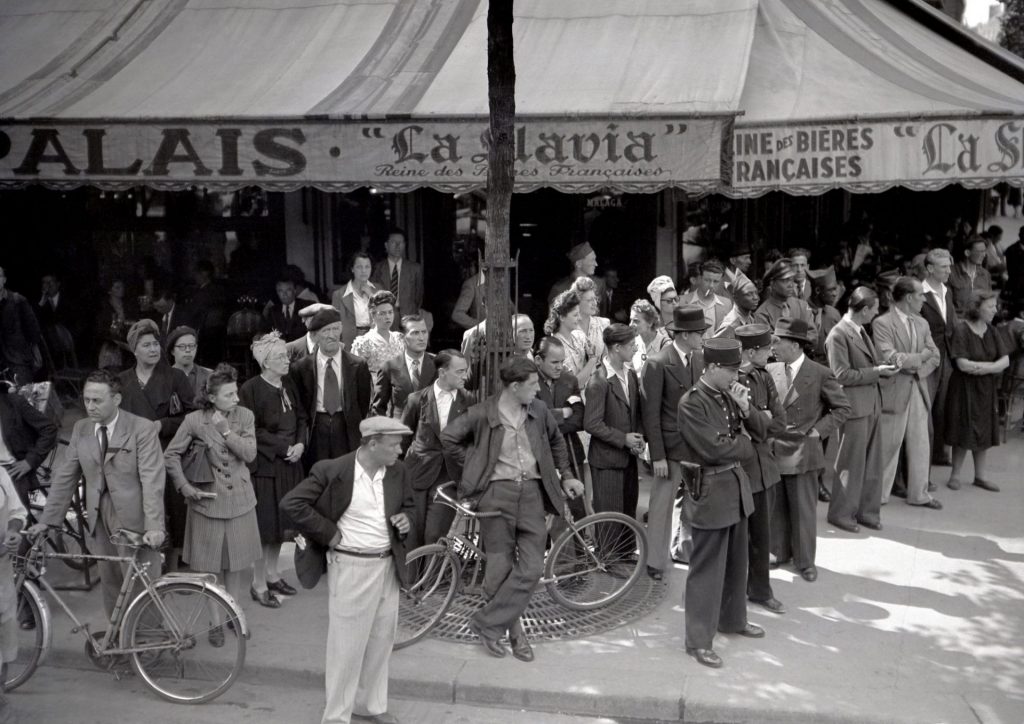
Overall, the declaration was a compilation of dubious assertions and half-truths, approximations and provocations. The phrase that some acts “caused me greater suffering than they did you” would surely have been better omitted given that many in the court had suffered unimaginable personal losses. He was saying this in the presence of Jean-Richard Bloch, editor of the Communist newspaper Ce Soir, whose daughter had been shot in Hamburg in February 1943, whose mother had died in Auschwitz aged 86 and whose son had been killed by the Milice in June 1944. The idea that Pétain had always sought reconciliation hardly squared with the reality of a regime that had started by attacking many categories of French citizens (Jews, freemasons, communists) and imprisoning former political leaders (many of whom were now in court). The language of reconciliation had only appeared at the end: Vichy reached out to its enemies only when it no longer had friends.
This edited extract is taken from France on Trial, the Case of Marshal Pétain by Julian Jackson (Allen Lane)

